The majority of people have, at some point in their lives, had a sleepless night. However, chronic sleep loss can cause major health issues.
Try adding herbal tea to your bedtime ritual to encourage restful sleep. These teas can enhance the quality of your sleep and are naturally caffeine-free.
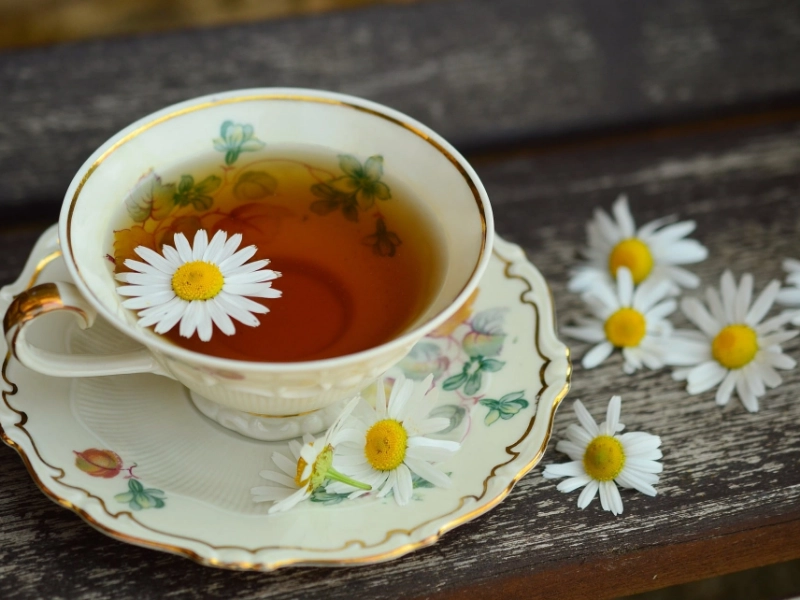
In a 2011 placebo-controlled trial, chamomile was demonstrated to improve the quality of sleep and lessen chronic insomnia. Additionally, there was a decrease in weariness and an improvement in daytime functioning.
Together with a blend of nourishing herbs, this soothing herbal tea from Tea+ includes chamomile, lavender blossoms, and rose petals. It comes in reusable, environmentally friendly sachets and is manufactured using organic components. It is also free of gluten and kosher. GABA receptor stimulation for sleep has been scientifically demonstrated by this tea. You can purchase it straight from the business.
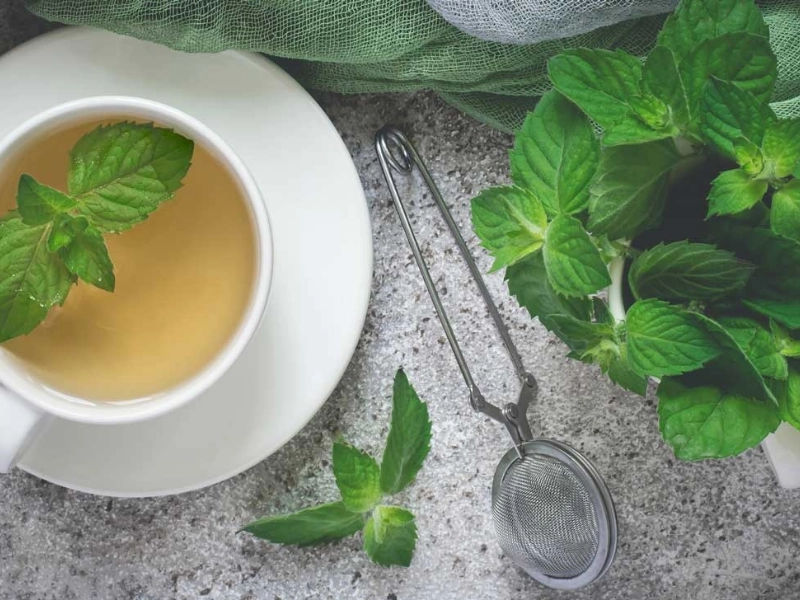
Add five to ten drops of peppermint essential oil to a carrier oil, like jojoba or sweet almond oil, if you would like to try using it for aromatherapy before bed. Before going to bed, massage the oil into your neck and temples. Alternatively, add the oil to your bath and soak for 20 to 30 minutes.
Bigelow Benefits Sleep Chamomile Lavender Herbal Tea is a good option if you want a tea with calming properties without valerian root, which can make you feel sleepy in the morning. For natural sweetness, this blend of rooibos, chamomile, spearmint, lavender, and passionfruit is free of caffeine.
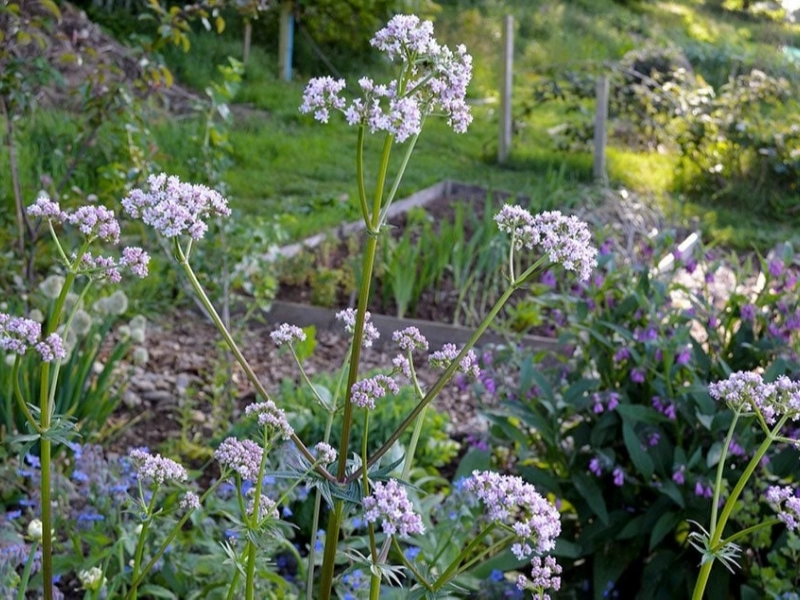
Additionally, this herb helps reduce anxiety symptoms, which frequently make it difficult to get a good night's sleep. In one study, valerian root taken prior to bedtime by hemodialysis patients resulted in reduced anxiety and despair.
Herbal medicines, combined with healthy lifestyle modifications, can provide relief for insomnia sufferers. For the finest sleep assistance, try combining valerian with a calming herbal blend of apple, ginger, red rooibos, orange peel, and lavender. This sleep infusion tastes fantastic hot or cold and comes in a handy resealable bag!
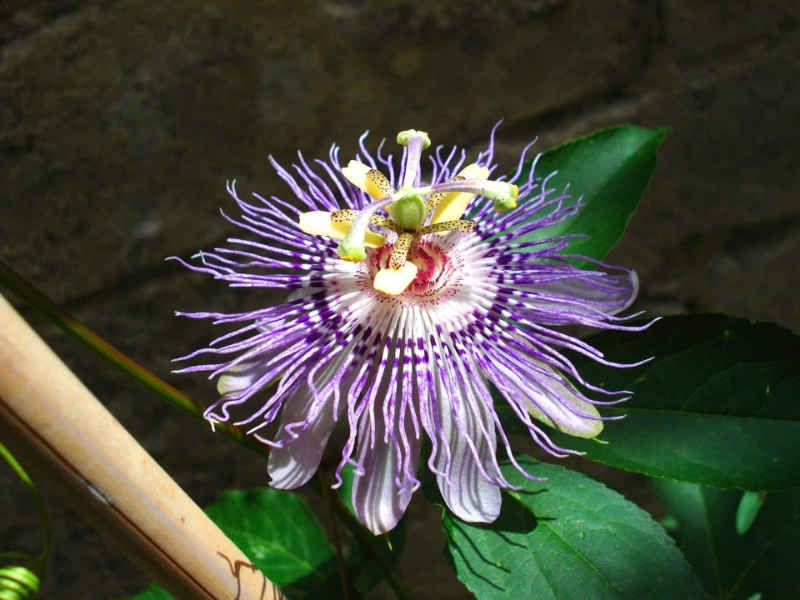
Like chamomile, passionflower acts by attaching to the brain's benzodiazepine receptors. It may benefit those with temporary insomnia by lowering anxiety and improving the quality of their sleep, according to research.
Additionally, it can be taken in conjunction with licorice root and black cohosh to help reduce hot flashes and other menopausal symptoms. However, you ought to get mental health assistance if you're prone to anxiety and despair. When taken in approved dosages, passionflower is thought to be safe for most individuals. But using large dosages for longer than two months could be dangerous.
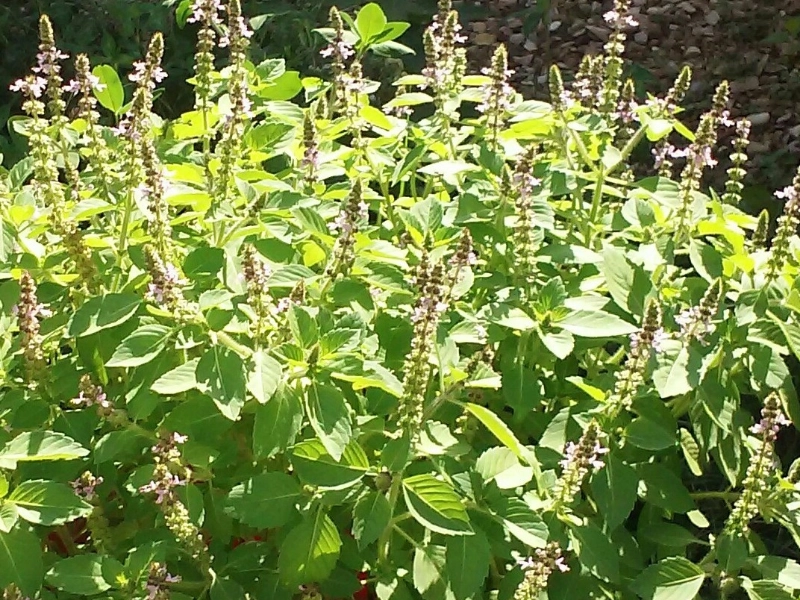
When combined with ashwagandha, tulsi is an effective way to treat insomnia and enhance the quality of sleep. Additionally, it soothes the talkative mind, which is linked to sleeplessness. When you're ready for a peaceful night's sleep after a demanding day, make yourself a cup of tulsi tea.